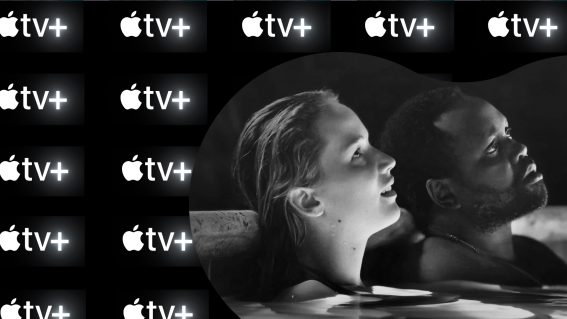The ultimate guide to every streaming platform in New Zealand
Our one-stop-shop guide to every streaming platform available to Aotearoa viewers.
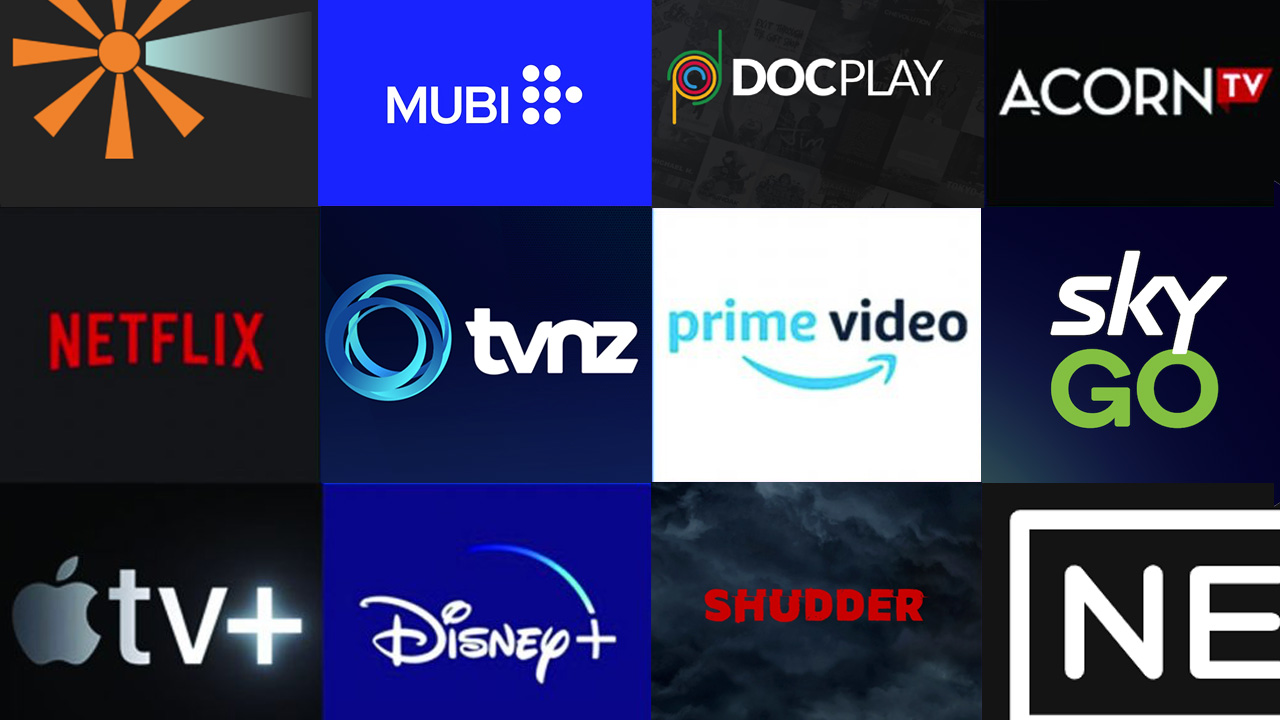
We’ve compiled an exhaustive list of all of the streaming platforms available for Aotearoa viewers, comparing cost and pros and cons. Whether you want to compare the big streaming giants, find something for your budget, or learn about the more niche media libraries out there, we’ve got you.
Stop the press! Disney+ is offering a special deal: new and returning customers can get 4 months of Disney+ Standard for only $4.99 a month*. For a limited time only, promotion runs until June 11. Claim your discount here.
Platforms covered are: Netflix, AroVision, NEON, Prime Video, Disney+, SkyGo, Kanopy, Docplay, YouTube Premium, Tubi, TVNZ, Threenow, Whakaata Māori, Freeview, Waterbear, NZ On Screen, Filmzie, Beamafilm, Acorn TV, Apple TV +, Crunchyroll, HiDive, Shudder, Mubi, iwonder, Curiosity Stream, AMC+, Hayu.
Netflix
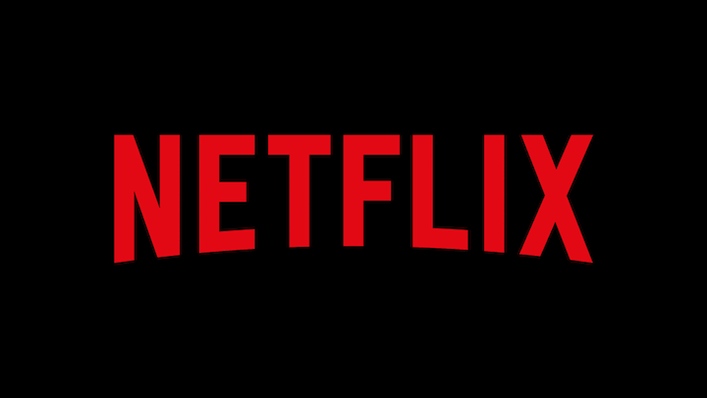
Still the grandaddy of all streaming platforms, Netflix has become an international juggernaut with its library of originals and old favourites. Series like Squid Game and Tiger King have turned into huge sleeper successes, thanks to the US empire’s emphasis on immediate binge-ability.
Cost: Rapidly rising, with the Basic plan now costing $17.99 a month, $25.99 for Standard, and $33.99 for Premium’s maximum four screens. Subscribers are apparently told about these recent price changes as their new billing cycle comes up: the first price hike for the service since 2021.
Pros: With each passing year, the streaming service’s originals are becoming more and more groundbreaking, with The Irishman and Marriage Story both nominated for Best Picture Oscars. Soon, all will be Netflix. Praise be to Netflix.
Cons: The movie selection can be a little underwhelming when you look beyond the recent festival acquisitions and comfy old faves. The horror section in particular is deeply focused on quantity over quality, with a hundred low budget films you’ve never heard of for every one genre gem.
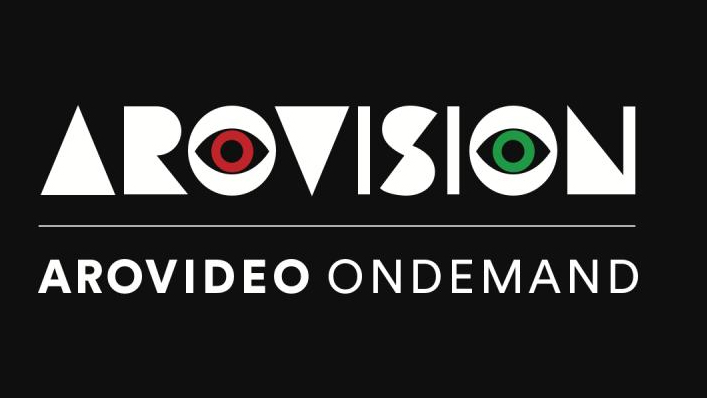
AroVision
A beloved NZ institution with a mission to connect film lovers with quality titles, AroVision is a proudly independent platform with a curated, arty selection, particularly emphasising genre films, classics films, and film festival favourites.
Cost: Titles are available to rent/buy, typically ranging between $4.99-$7.99. There are also premium rentals for some smaller, special titles, ranging from $19.99-$29.99.
Pros: Buying and renting titles from the platform also supports the AroVideo Library, an actual video store that launched in 1989 and (gasp!) is still standing in Aro Valley, Wellington.
Cons: You don’t get any of the big original titles produced by the likes of Netflix, Disney+, Amazon Prime etc. But is that really a bad thing? The ArvoVision website proudly states that “we’re living proof that not every digital dollar has to go to them.”
Neon
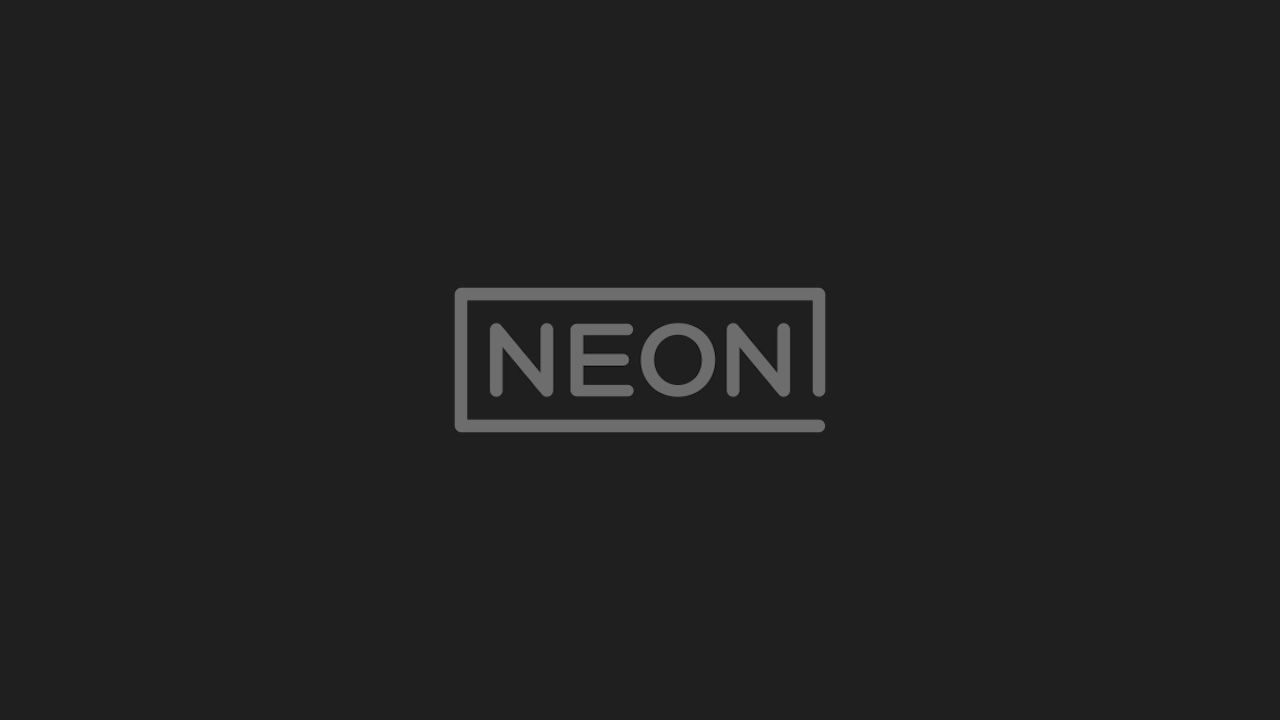
A homegrown streaming service sparked in 2015 by Sky TV, NEON is the place to find the huge Hollywood blockbusters and gossiped-about new series everyone’s desperate to watch. Their library is apparently full of more than 1.2k movies and more TV shows than there are days in the year: HBO and BBC releases being amongst the most exciting additions.
Cost: $12.99 for the Basic plan with ads, $23.99 for the Standard. The annual plan is a pretty substantial $239.99 per year, and renting blockbuster movies off the platform comes at an extra charge.
Pros: You’ll be so blinded by the glow of NEON‘s shiny exclusive titles and buzzed-about HBO releases that it’s hard to quit. Who’s going to want to wean themselves off shows like The White Lotus or House of the Dragon?
Cons: HBO’s threat to introduce its own streaming service Max, which is already taking over in Australia, might thin out NEON‘s enviable library sometime soon. No 4k streaming, either.
Amazon Prime Video
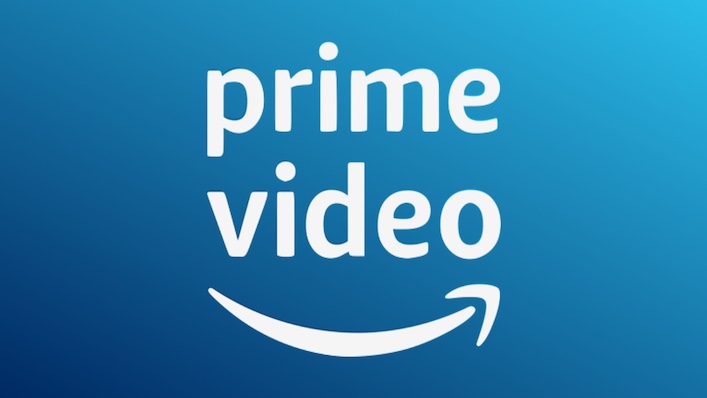
Amazon‘s streaming service is as comprehensive as you’d expect of the US mega-retailer. The platform comes free with a membership to Prime Video, meaning subscribers can also access a huge library of eBooks, and it’s the only place you can check out acclaimed TV such as The Marvelous Ms Maisel and The Boys.
Cost: A flat $10.99 a month, still one of the more reasonable subscriptions on this list considering its diverse movie library. Sign up here.
Pros: If you’re keen on getting Amazon’s available videos, you’ll also automatically become a Prime member for all the service’s other perks: quicker shipper, better deals, and access to their music, fitness, and gaming apps.
Cons: There’s a whole movie rental market on Prime Video in other countries that Aotearoa unfortunately doesn’t get. So if you want to hire Puss in Boots: The Last Wish, you’re going to have to use one of the other TVOD services.
Disney+

All Disney, all the time. Actually that’s not true: there’s also every Marvel movie, every Star Wars property, and a tonne of National Geographic content, making Disney+ the family-friendly option for entertainment. Then, once the kids are in bed, check out recent and classic films on Star, the latest ‘content tile’ added to the platform’s menu.
Cost:The platform’s Standard plan costs $16.99 per month or $169.99 per year, while the Premium offering is a hefty $21.99 each month/$219.99 per year. The main difference here is that Premium offers 4k UHD and HD video and up to four concurrent streams, while Standard sticks with 1080p HD and only 2 streams. Sign up here.
Pros: Disney+ has gotta be a lifesaver for parents everywhere, as its huge selection of princess movies and wholesome kid-friendly TV makes it the perfect never-ending screensaver for little ones.
Cons: Some of Disney’s most exciting recent releases are only available to watch for an additional ‘exclusive premiere’ fee, meaning subscribers need to fork out an additional $34.99 on top of their monthly subscription fee to watch Raya and the Last Dragon, for instance.
Apple TV +
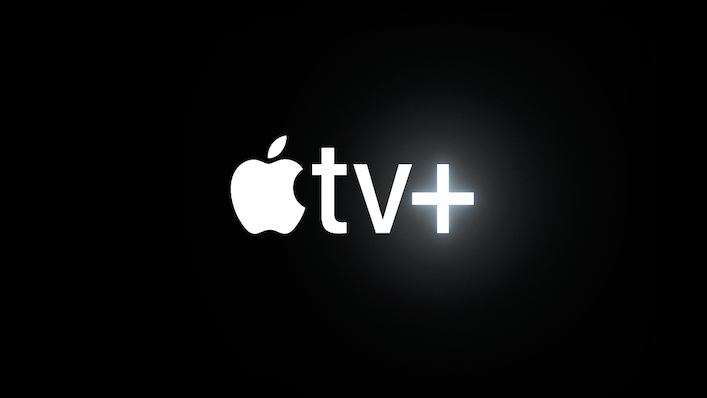
Apple TV + has garnered some positive buzz for its star-studded projects, like the people-pleasing Ted Lasso or one of the most absorbing shows in recent memory, Severance. But it still doesn’t boast a large amount of titles that have escaped the service’s neat, minimalistic bubble, with a modest library of syndicated content sprinkled amongst all those celeb-filled original series.
Cost: It’s a neat $14.99 a month after a seven-day free trial. Sign up here.
Pros: The personnel. Apple TV+ ads feature Jon Hamm and Timotheé Chalamet wondering why everyone else in Hollywood has their own show on the service, and with Scorsese’s latest available exclusively on the platform, it’s a serious question.
Cons: Sometimes you just wanna veg out and watch something comfy and familiar, not one of Apple TV+‘s bundle of quietly received mini-series and handsome documentaries.
AMC+
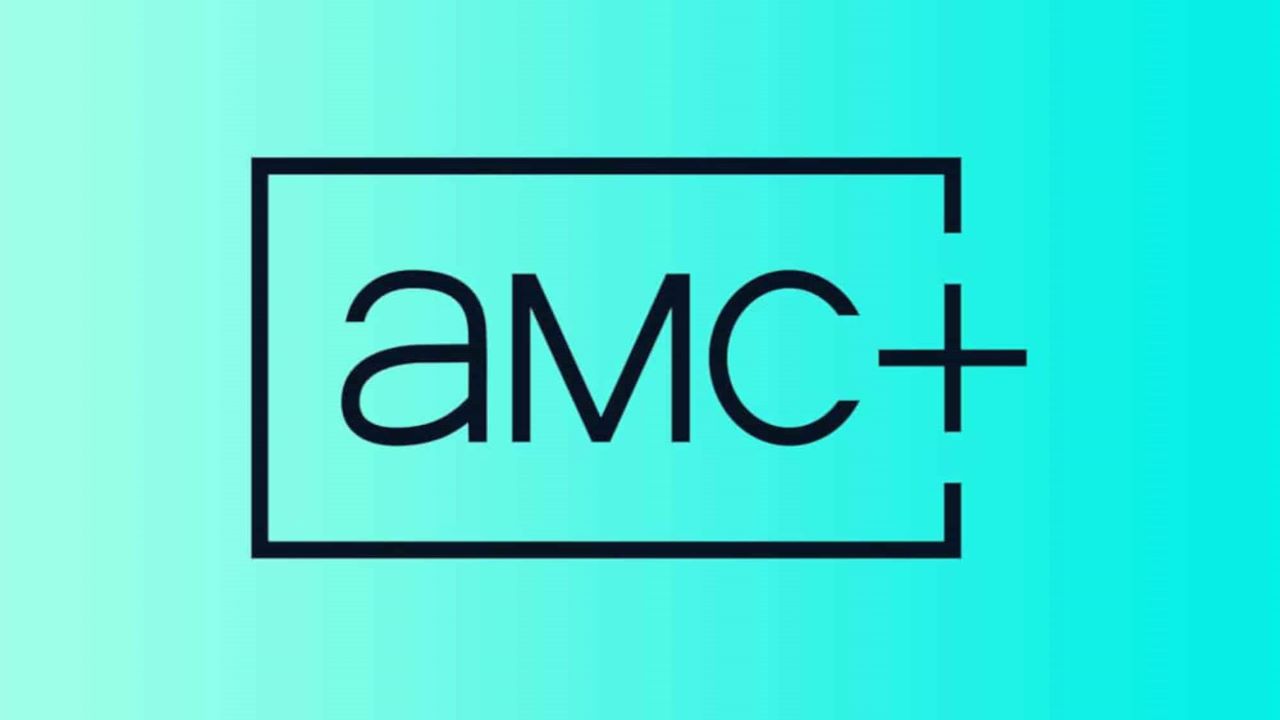
AMC is best known as the US television channel behind mega-hits Breaking Bad and Mad Men, titles with enough clout to urge their network into the streaming world. Their streaming offering was once just a booster “bundle”, but is now its own loud and proud standalone service, with hot new titles like the Interview with The Vampire series.
Cost: $9.99 a month, still less than Prime, Netflix or Disney+.
Pros: The fierce vampire series Firebite, for one: AMC+ is the only place you can see it. Subscription also comes with free access to Shudder and Acorn TV, a great deal if you were thinking of forking out for one or both of those solid services.
Cons: The platform is still building up a substantial library, with only a few of its exclusives really garnering any recognition. Yet.
YouTube Premium

Ha, you might be thinking to yourself; these idiots don’t know that you can use YouTube for free. Well that’s true, and the site’s subscription service YouTube Premium is perhaps not even technically a streaming a service. But to many, the monthly fee is worth it, for ad-free, background play, and the ability to download videos to save offline.
Cost: After a 30-day free trial, YouTube Premium is $17.99 a month; damn steep for one screen.
Pros: YouTube Premium is the only way to have your music and videos playing in the background while you’re not actively using the app, and to save your favourite clips to watch later. This almost makes it a must for YouTube users that are also filmmakers
Cons: The website/platform is not known for its original titles, the closest thing it has in comparison to Netflix and other streamer’s more established offerings.
SkyGo

You’re going to need some extra hardware to enjoy this on-demand platform: namely a Skybox, which can extend its service to your other devices once installed. Often included in Sky’s other various plans, SkyGo lets you build your own personalised streaming landscape once you’ve bought the basic Sky Starter package.
Cost: A hefty $45.00 each month to get started with Sky TV, the streaming service SkyGo being included with the Sky Starter package.
Pros: Once you’re the proud owner of a Sky Box, the app is free for you to use, meaning you can leave home and keep that addictive new show or sport you’ve been watching on the go. Plus, record shows so you won’t miss iconic live moments.
Cons: Cancellation isn’t particularly quick or flexible, as the installation of dedicated streaming equipment requires an in-home visit.
Kanopy
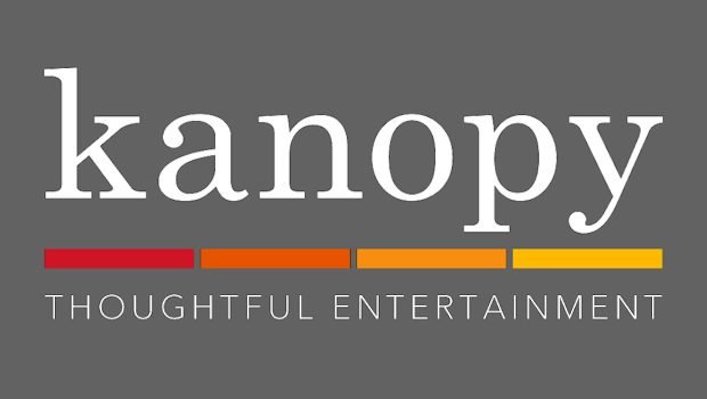
As we move away from looking at the biggest and best-funded streaming services available, there’s still plenty of great curated film and TV for viewers on a budget, too.
For instance, Kanopy is available through whatever public or student libraries you have access to. The little streaming service that could, it has a self-proclaimed focus on ‘thoughtful entertainment’: this translates to a diverse variety of powerful documentaries, classic films, and more recent festival favourites.
Cost: It’s free!
Pros: I just said it’s free, dude. But it’s also home to some truly excellent movies that might otherwise fly under your radar, such as (to name only a few) Under The Silver Lake, Dogtooth, and Hunt For The Wilderpeople.
Cons: Kanopy‘s content varies greatly depending on what library or institution you’re watching through, meaning that your public library’s selection could be a bit more meagre than the platform’s full catalogue.
Beamafilm
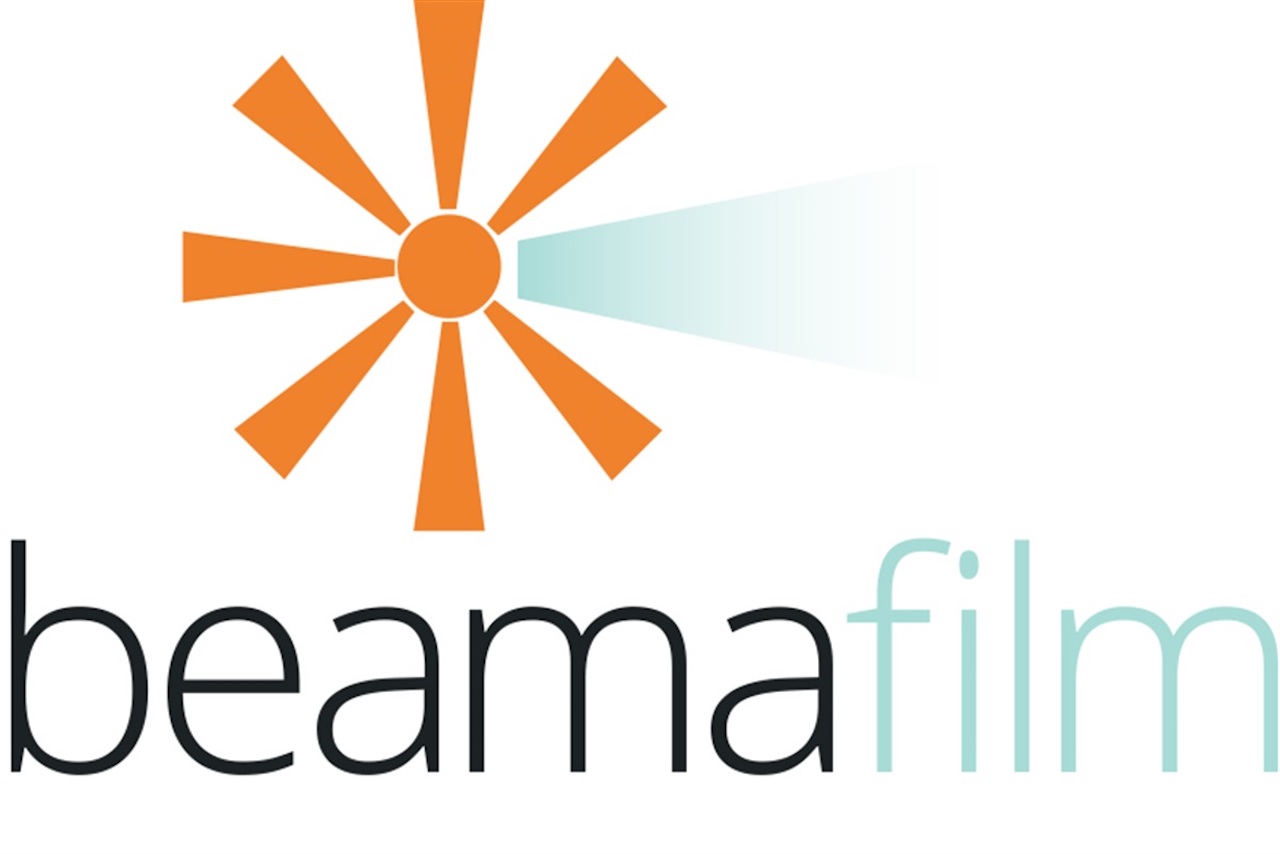
Similiarly to Kanopy, Beamafilm requires only a free subscription through select Aotearoa libraries—then you’ve got access to around a thousand film and TV titles, many of which are well-known and very worth watching.
Cost: Figure out the deets for your local library and then log in to Beamafilm to see what their catalogue of titles is like: you may be pleasantly surprised.
Pros: Many of the documentaries, series, and great scripted films come with links to further resources, such as Q&As with directors and actors, commentary tracks and reading materials. It’s like the greatness of DVD special features all over again.
Cons: You miss out if you don’t have a valid (and easy to acquire!) library membership. Sorry.
Tubi
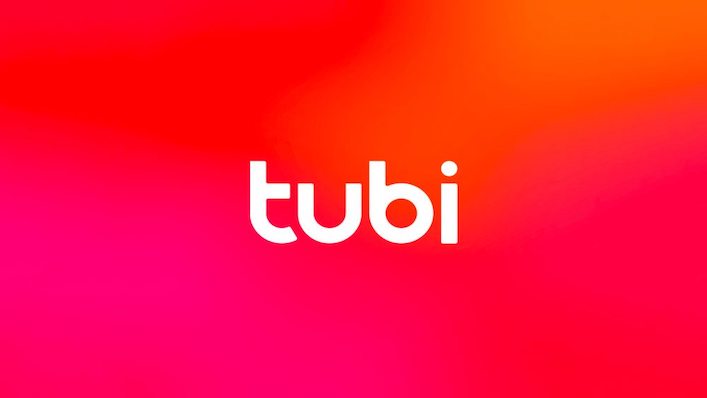
Tubi is a totally free and easy-to-use streaming option, with content from Paramount, MGM and Lionsgate available on basically all Apple, Sony, and Android devices. The only catch is that you’ll have to sit through a few ads, but the platform’s great titles make it all worthwhile. It’s home to everything from hot recent thrillers to beloved 90s family classics.
Cost: Free—no subscription or credit card info required.
Pros: Despite its 20,000 titles, Tubi doesn’t feel like a mere dumping ground for random film titles. There’s some true cinema gems here, like Battle Royale, The Big Short and The Texas Chainsaw Massacre.
Cons: If you find ads too pesky to sit through, Tubi is not for you. The original content also skews towards mockbuster cheese: plenty of B-movies about evil sharks, evil clowns, and evil exorcists. Sometimes all at once.
TVNZ+
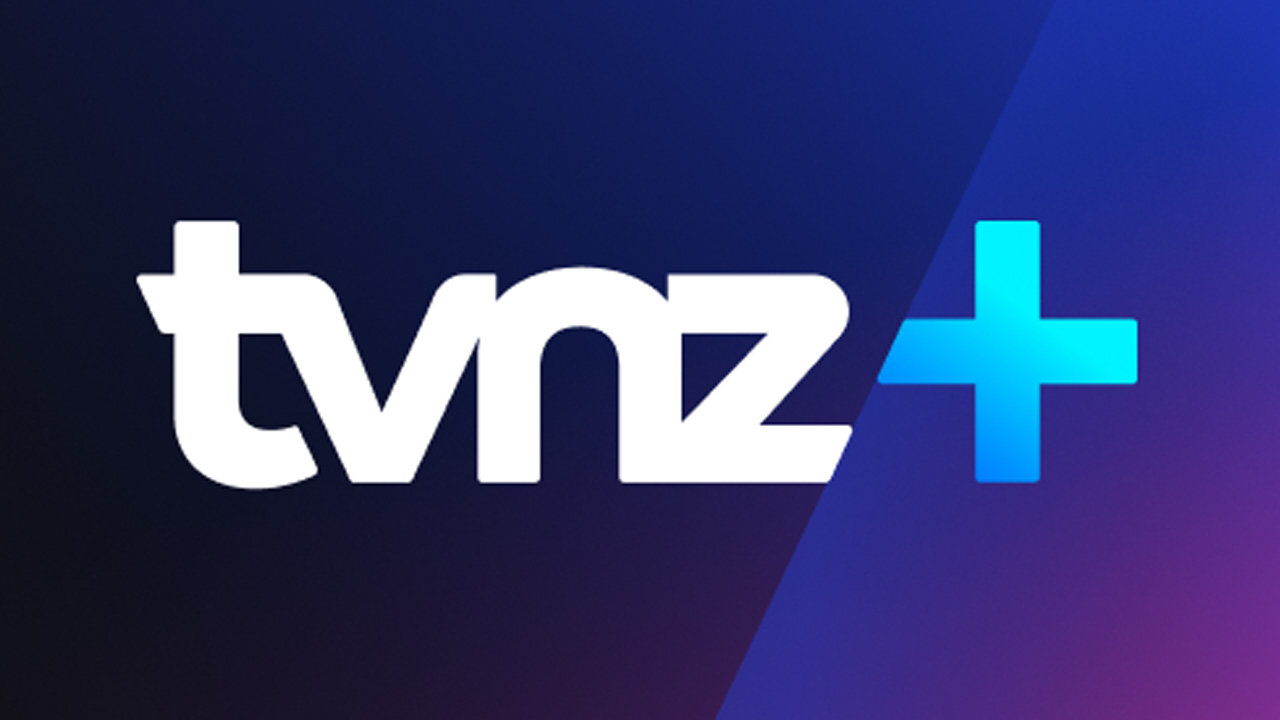
Simply sign up for an account and sit through some ads, and hey presto: some seriously impressive film and TV titles are totally free for you to enjoy thanks to TVNZ+. Sure it’s ad-funded, but a quick look at TVNZ’s website proves that a little commercial brainwashing is well worth it for hot shows like Poker Face and categories like ‘fascinating docos’ and ‘criminally good drama’.
Cost: She’s free: you just need valid details to register.
Pros: There’s an admirable focus on New Zealand-made films and shows, but also international hit reality shows and a tonne of UK crime and comedy content.
Cons: Ads, we suppose. But with around 500 TV titles to choose from, at least you get a bit more choice and quality than network TV competitors.
Threenow
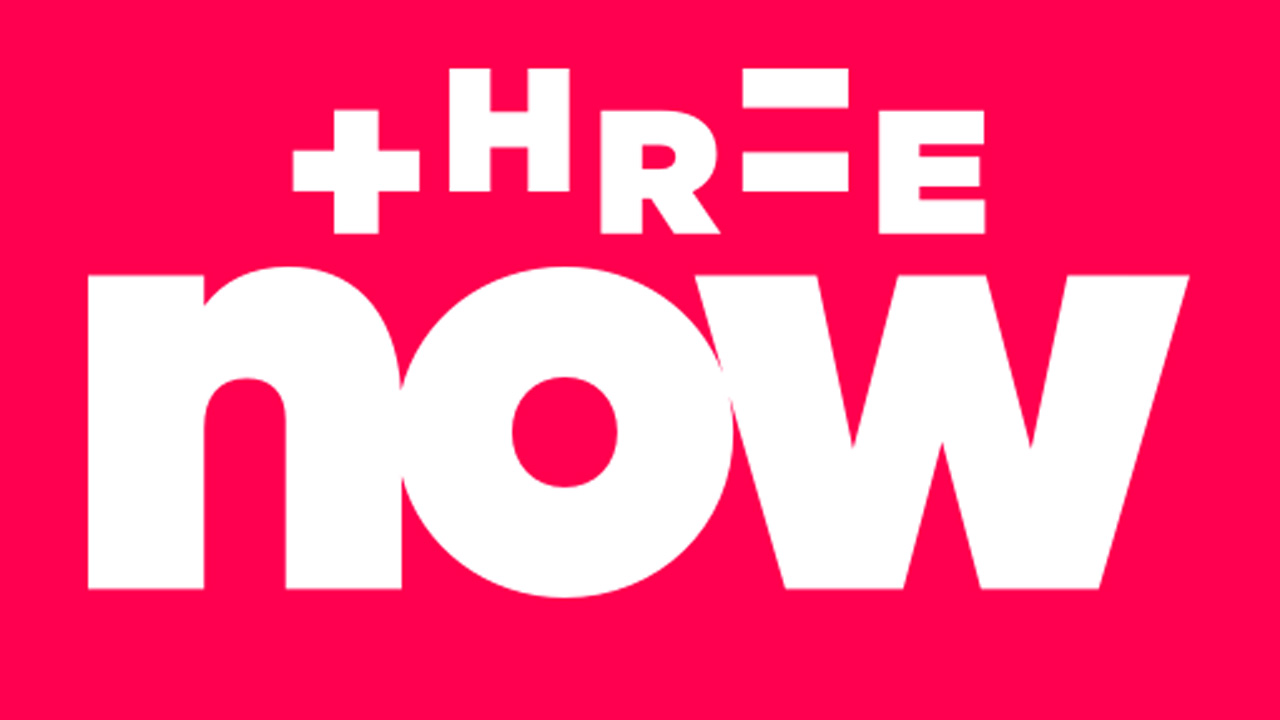
Snap back to reality with this small but sweet selection of some iconic reality TV titles. US channels Bravo and HGTV have all their best renovation and bitchy housewives action here for Aotearoa fans, plus some original productions ready for your perusal.
Cost: Like TVNZ, it’s free after a quick registration process.
Pros: If you like seeing emotional people getting married off to strangers or hot tradies busting down McMansion walls, this is your one-stop shop. Plus some of my fave paranormal investigation shows, and everything Graham Norton you’d ever hope to binge.
Cons: The Threenow library isn’t huge, but considering it’s totally costless, we can’t complain.
Whakaata Māori
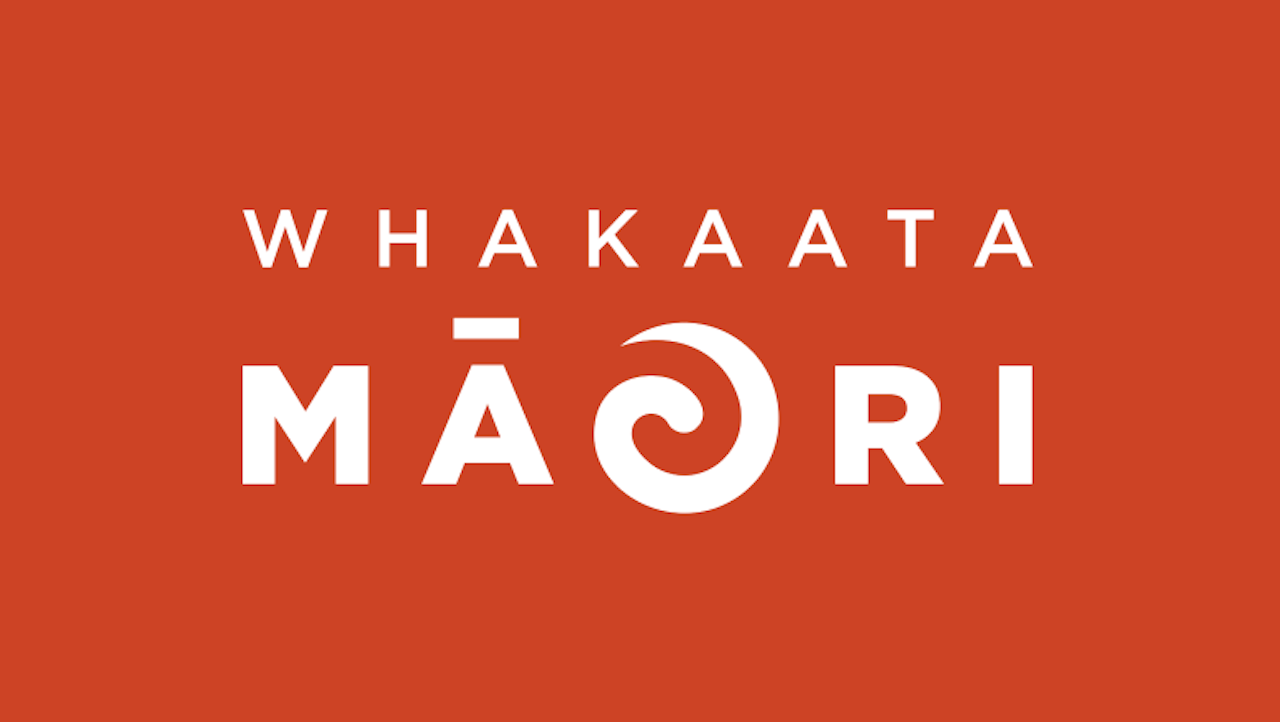
Indigenous stories will always grab our attention and have a permanent space in Aotearoa minds, making this curated collection of stories from First Nations creators such a special taonga. Learn about the luminous pasts, futures, and daily lives of diverse Indigenous presences, from historical stories to contemporary tattooing practices.
Cost: Totally free, with only registration required.
Pros: There’s local and international titles available to watch “live” via 24/7 channels or on demand. Formerly known as Māori Television, the broadcaster proudly “promotes, revitalises and normalises the Māori language by taking a digital-first, audience-led approach”.
Cons: If there’s a particular title you’re especially stoked to see, you may need to act fast, as new titles are cycled in each month with older ones frequently leaving.
NZ On Screen

An exhaustive archive of Aotearoa screen culture, with apparently around 5,000 titles from the nation’s earliest screen stories to present-day hits. Even short films, commercials, and music videos get their shot at being rediscovered here!
Cost: Another wonderfully free service, with registration required.
Pros: NZ On Screen lives up to its ethos of displaying every facet of Aotearoa culture, with categories highlighting Pasifika stories, quirky animation, forgotten soap operas, and concert footage. It’s quite beautiful to even scroll through, really.
Cons: The platform doesn’t produce any original content, but that’s completely to be expected, as it’s a free archive project governed by an independent charitable trust.
Filmzie
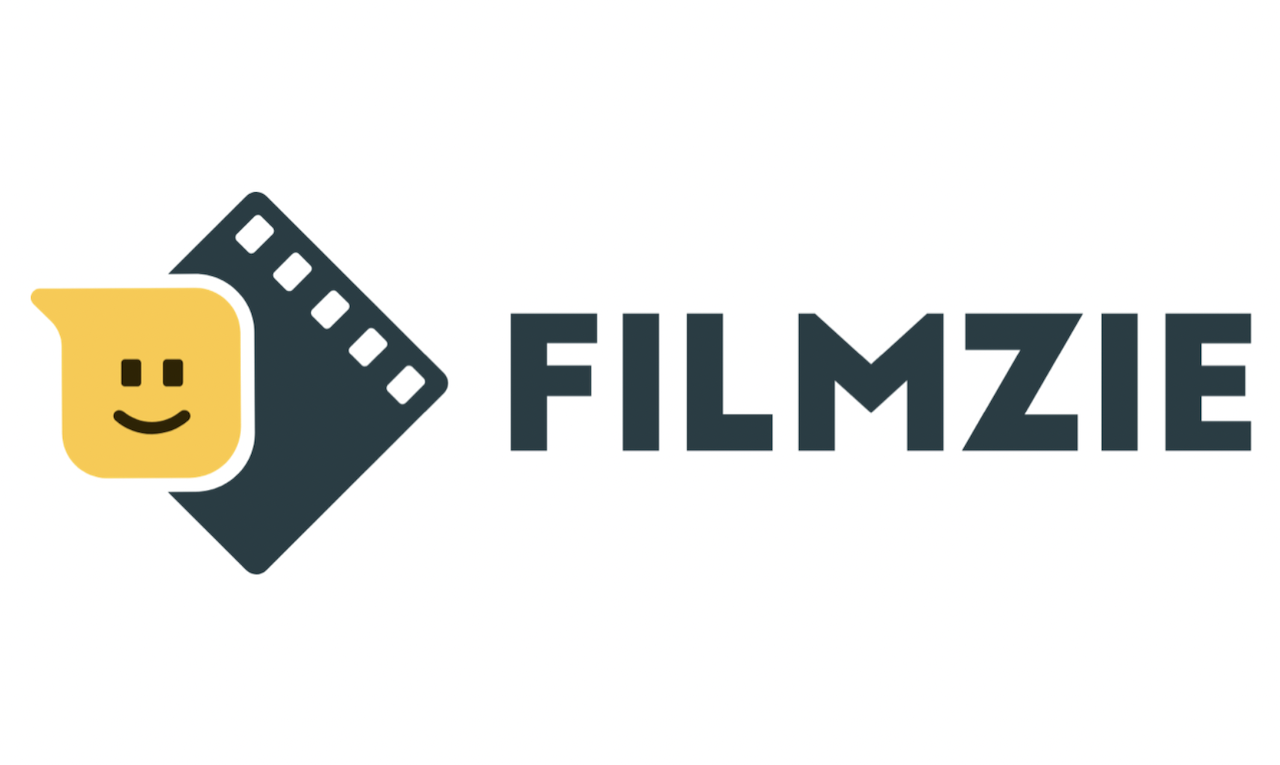
Are you a true film lover, not one of those cinema posers? Then you’re just who Filmzie claims to cater to, with their solid library full of new, old, and little-known movies. “There are so many great films out there from extremely talented filmmakers that just don’t get seen by the general public”, their website expresses: “we are here to change that!”
Cost: Totally free, totally legal.
Pros: Filmzie is connected to a bunch of European film development funds, giving it access to plenty of under-appreciated, free-to-watch gems. And it can be viewed on practically any device, from Smart TVs to desktops and phone screens.
Cons: As you may have deduced, not many of the titles here are beloved Hollywood classics. You’ll need to be a bit intrepid to find a new, under-seen fave.
Freeview
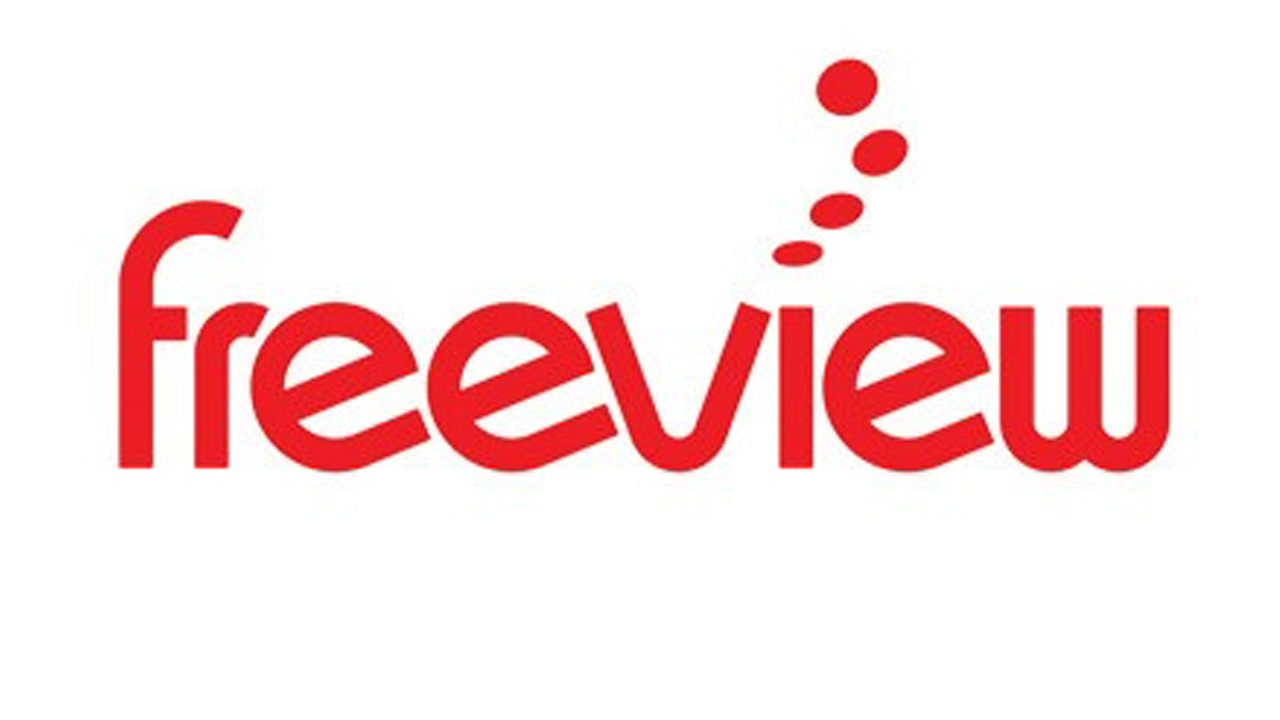
This clever streaming helper gives you access to some of these other free services (Māori Television, Threenow, etc) and more than 20 live channels. If multiple of these neat platforms have piqued your interest, it’s likely that Freeview could be the quickest way to nab ’em all in one spot.
Cost: Another solid free service: once you’re registered on certain streaming components, the streaming app should work on approved SmartVU devices.
Pros: “No aerial? No dish? No worries, we got you!”, the Freeview website chirps. Selected devices show plenty of live and streaming titles through the platform’s app.
Cons: The application notes that changes in content and availability are to be expected, all at the discretion of each individual channel.
Waterbear
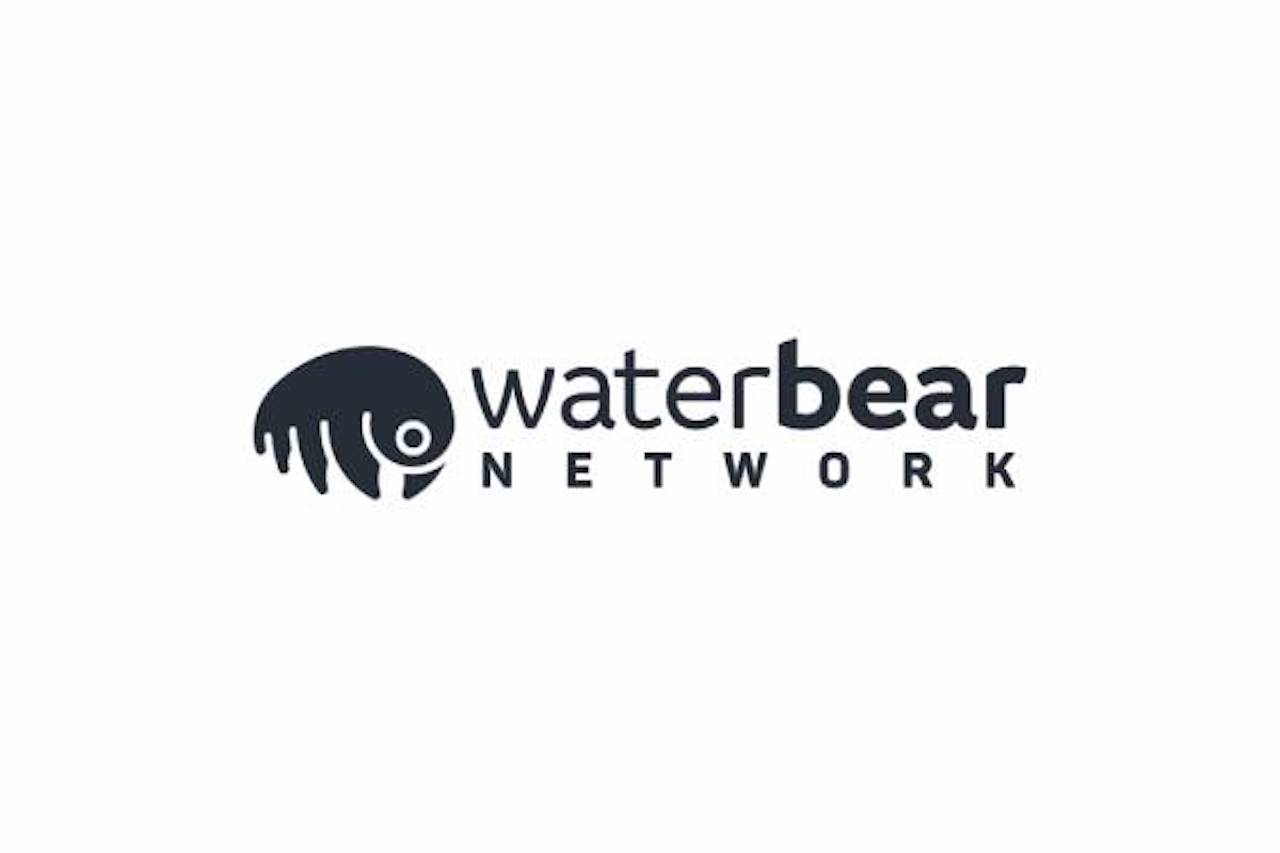
The subgenre of environmental documentaries has exploded along with its audience’s growing eco-consciousness, and Waterbear is the best way to learn up on the topic online. It’s the perfect (free!) place to find docos on everything from climate crises to deeply niche local stories. And look at that very cute logo of a tardigrade/waterbear!!
Cost: You can dive in and get an education in environmental storytelling for no cost at all.
Pros: Many of the 100+ titles on Waterbear are closely linked to specific NGOs, meaning you can easily find out about new organisations and movements to support.
Cons: Not an ideal service for those who crave scripted stories too deeply, or have little enthusiasm for saving the planet (ya monsters).
Docplay
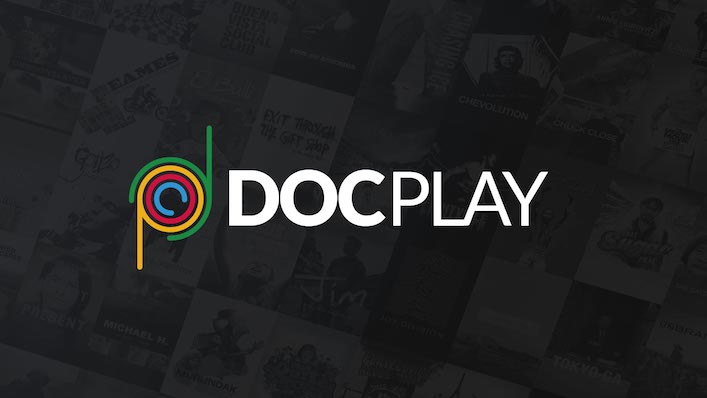
Sometimes the real world is so much stranger than fiction, and only a documentary will scratch your itch for both knowledge and entertainment. If that’s you, Docplay is the place to be, with its vast array of docos dissecting the worlds of nature, science, sport, art and more.
Cost: $9.99 a month or $99.99 a year. That’s a great gift for someone you love who’s into learning more about the world. DocPlay also offers a free 14-day-trial, so you can check out their selection before confirming whether its vast documentary library is right for you.
Pros: Documentaries are a genre that only get more and more popular as time goes by. Soak up the current golden age by getting acquainted with some of Docplay‘s biggest titles such as Hoop Dreams and Blackfish.
Cons: Docplay is more quality over quantity, featuring hundreds of titles rather than Netflix and Stan‘s thousands.
iwonder
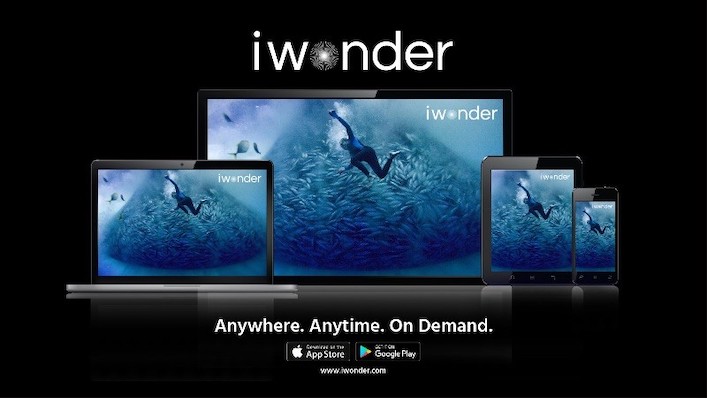
Only slightly more exxy than fellow documentary platform DocPlay, iwonder is another great way to access the non-fiction stories you’ve always wanted to know more about. Their main claim to fame is combining topical news with relevant documentary suggestions and extras, “helping you go beyond the surface of current issues.”
Cost: $6.99 a month, $69.99 annually —just a tad cheaper than similar service DocPlay, above.
Pros: iwonder sets itself apart from other services offering documentary content with its inclusion of current affairs programs.
Cons: Despite the fascinating range of topics and genres covered by iwonder‘s library (veganism! Charles Manson! Perth’s rock and roll scene!), most of the titles tend to be ‘hidden gems’ rather than well-known documentaries on the mainstream radar.
Curiosity Stream
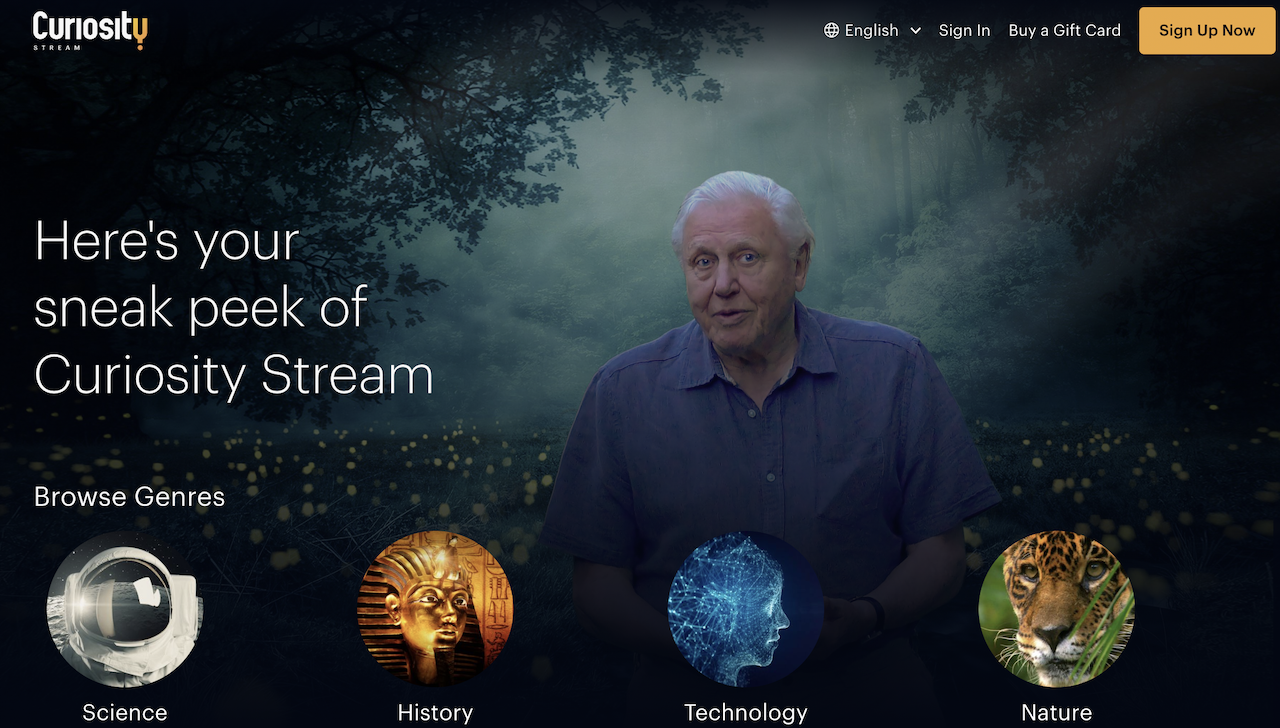
Another doco streaming service, this one is based in the US but can be enjoyed by any non-fiction-lovers around the whole world. The Premium service may be worth those extra buckaroos, offering seven niche streaming specialties with everything from ‘One Day University’ course lectures and Da Vinci Kids, a mind-expanding category for your lil brainiacs.
Cost: Just $3.34 per month on the standard annual plan, and $8.18 per month under their premium 4K annual plan with all ‘bundled’ channels (about $98 a year, then).
Pros: Wine mums and dads rejoice: the SOMM TV channel will tell you everything you ever needed to know about vino. Plus thousands of exclusive and fascinating docos, available to download for offline viewing.
Cons: Their website claims a library of “award-winning exclusives and originals”, but a cursory sneak peek of the library doesn’t reveal too many big, familiar titles. Not that true doco obsessives will mind finding a new, lesser-known favourite.
Acorn TV
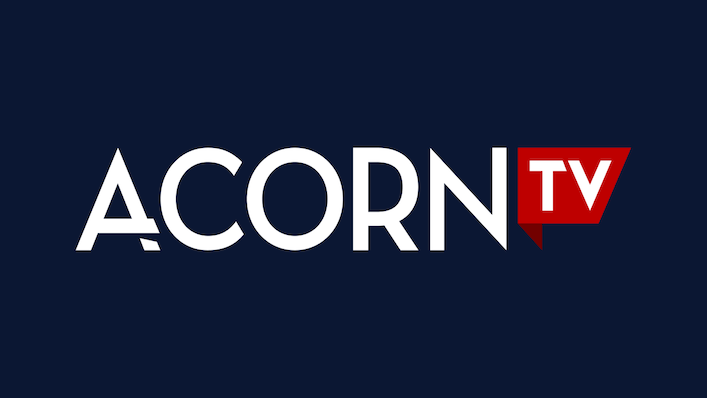
Acorn TV caters to an under-valued demographic: viewers who love British comedy, drama, and murder mysteries. Whilst a few of Acorn’s top titles are also available on other services from time to time, Acorn TV could be the perfect fit for anyone who loves to plant themselves in front of a good proper English yarn, without the desire for anything too flashy or current.
Cost: $7.99 a month or $79.99 for a full year.
Pros: A cult favourite, Acorn TV features a bunch of titles from across the pond that are otherwise not easily accessible, compiling them into one place alongside Shakespeare adaptations and gentle UK comedy classics.
Cons: Sadly, many Acorn TV reviews feature disgruntled users complaining about the app’s dysfunctional interface. And it may be worth comparing this service to its nearest competition…
Shudder
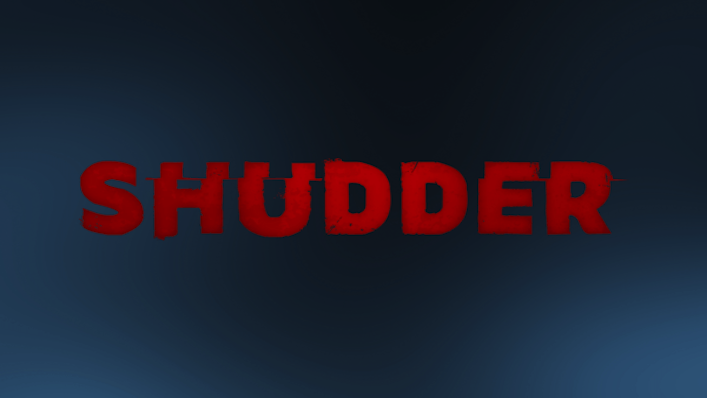
If you wish it could be Halloween everyday, you probably already love Shudder; a horror-centric streaming platform churning out surprisingly solid originals whilst also promoting undersung scary stories from the past and all around the world.
Cost: $7.99 a month, or $79.99 annually.
Pros: Your Shudder subscription can with some offers be helpfully bundled up with Prime Video and AMC+. That’s three services for the price of one, giving you a broad scope of entertainment: spooky or otherwise.
Cons: That ‘all horror, all the time’ niche may mean your household only watches Shudder sparingly. Plus it can be frustrating that Shudder‘s Australian library still doesn’t feature as many titles as the US platform.
Crunchyroll and HiDive
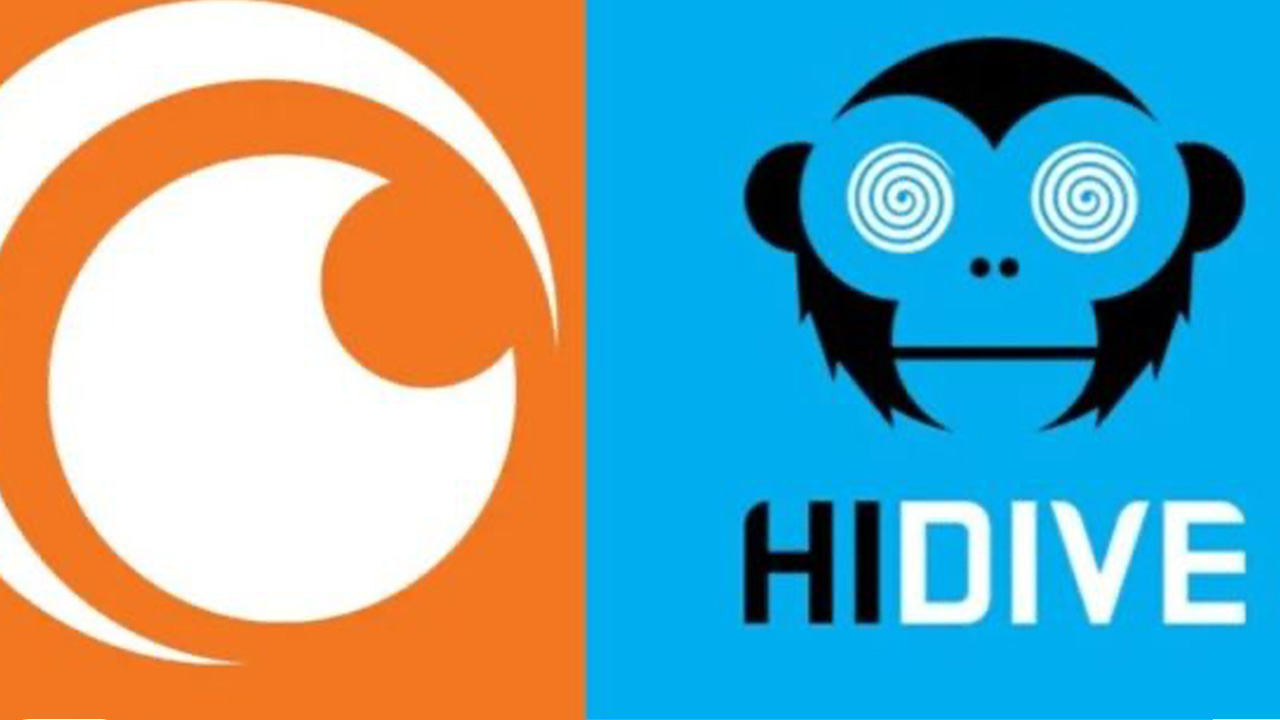
Kiwi anime nerds who’ve exhausted Netflix’s decent selection have a few alternatives when it comes to legally streaming; Crunchyroll, considered to have the largest anime selection, and HiDive, a cheaper service with a fun library of anime, Japanese series, and animated films.
Cost: How much of an anime fan are you? The regular ‘Fan Tier’ on Crunchyroll costs $9.99 per month, while the ‘Mega Fan’ plan is $12.49 per month, offering early access and the ability to download titles: all there after a two-week free trial. HiDive has a seven day free trial, and is then just $5.99 per month, or $59.99 for the annual plan.
Crunchyroll states that it has around 700+ anime titles, whereas HiDive taps out at 209 shows and around 50 films. But who knows: your absolute favourite series might be on there, and the price tag means that signing up could be very worthwhile.
Mubi
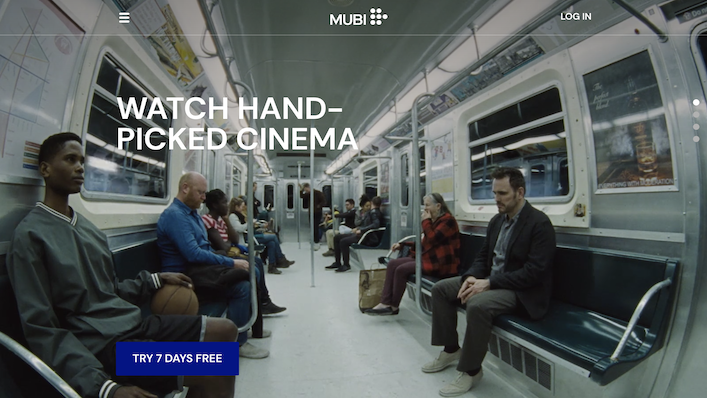
Bringing a curated arthouse/film club vibe to the world of streaming, Mubi adds a new film every single day to its high-quality library. Its ‘Now Showing’ section includes just 30, diverse, unusual films in total, with a much broader selection available in the ‘Library’ catalogue.
Cost: Flat rate of $12.99, with the promise of absolutely no ads, ever. You can also sign up for a free account to browse the film database and chat with fellow film nerds on the MUBI forums.
Pros: Cinephiles will find plenty of rare, artistically significant, and challenging films to soak up on Mubi, as well as thoughtful user and community functions to find your next cult favourite.
Cons: In the words of Ferris Bueller, life moves pretty fast sometimes; if you wait a few weeks too long to watch that one amazing South Korean festival sensation that you’ve been meaning to watch for like 6 years, it just might pass you by.
Hayu
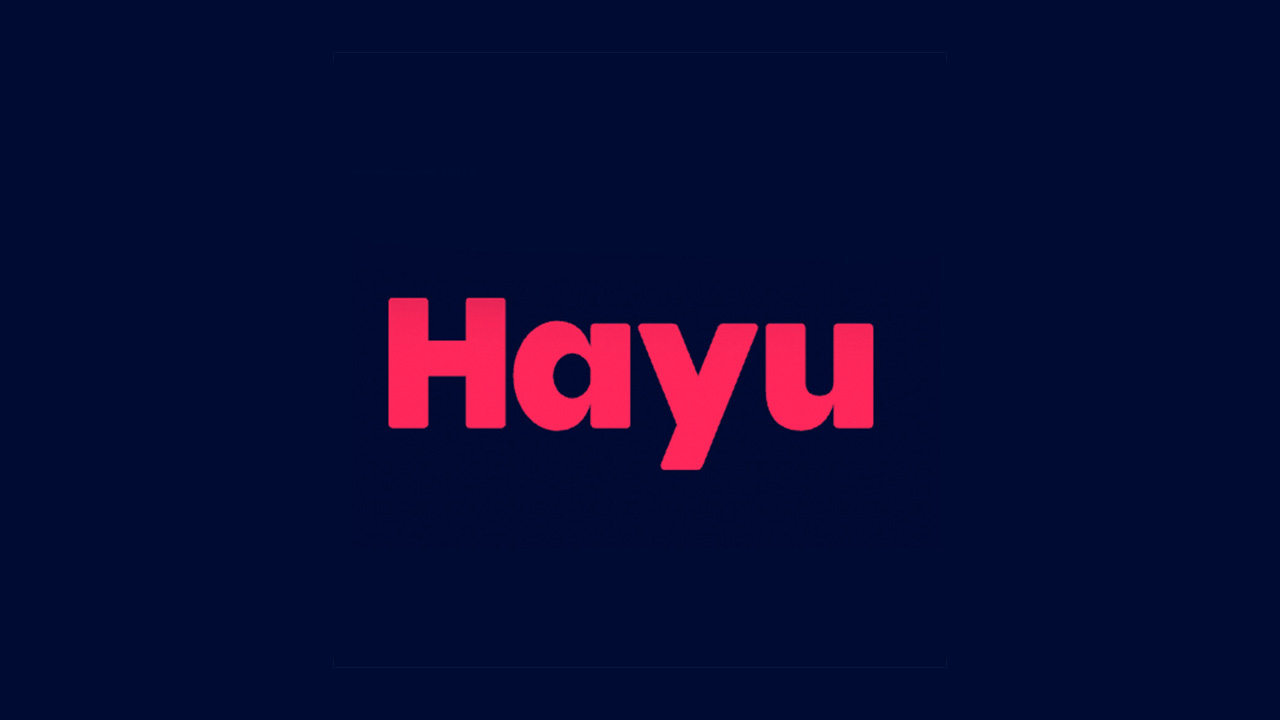
Sometimes, you want to have your eyes opened to the hardships of working class Italian farmers during World War I. Other times, you want to see a rich housewife throw her pinot in the face of another rich housewife. For the latter, you really can’t do better than this service 100% dedicated to reality TV. We’re talking the big-hitters like The Real Housewives, Below Decks, Botched, Top Chef, and heaps more.
Cost: There are three plans for Hayu: $8.99 a month, $43.99 for six months (so basically a month for free), and $79.99 for a whole year (essentially three months for free). Each plan includes 7 days for free.
Pros: Hayu‘s the first of its kind—a reality-only streaming service catering solely to those who love themselves a bit of reality TV. You know who you are, and if you haven’t already come across this platform, you’ve definitely got to give it a look. The list of shows is gigantic and most of them stream on the same day as the US.
Cons: If reality TV’s not you’re thing, we doubt you made it this far into this Hayu description. Suffice to say, its lack of anything beyond ‘reality’ can prove limiting to some. And if you consider comfort competition shows like The Chase and Tipping Point to be part of reality television, you’ll be sorely disappointed.

















